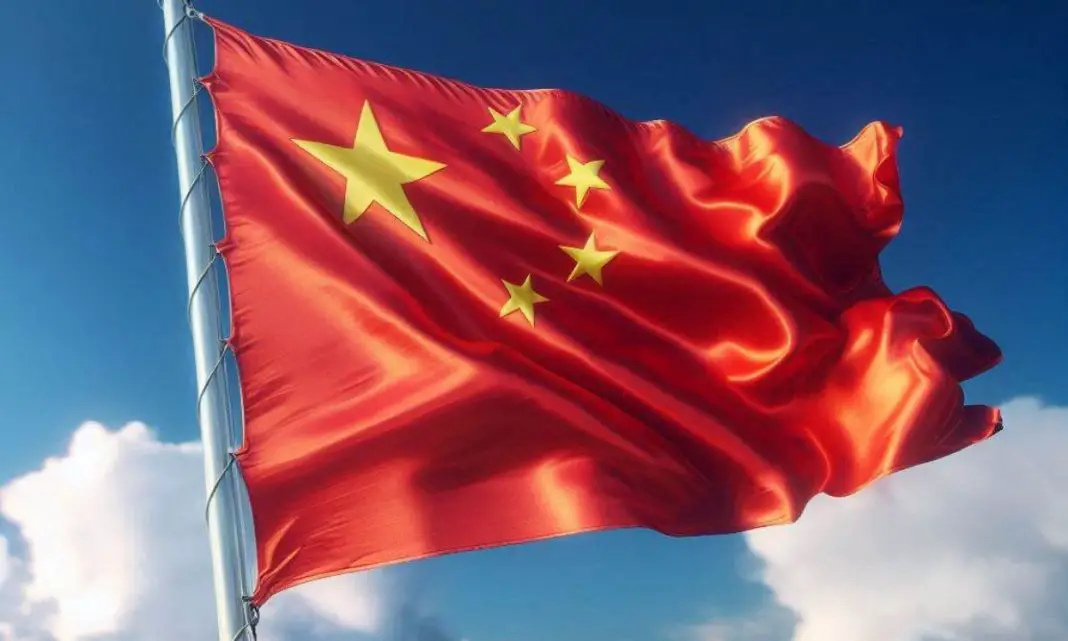Republicans Push Legislation to Counter China’s Tariff Evasion
On Thursday, House Budget Chairman Jodey Arrington (R-Texas) introduced the Axing Nonmarket Tariff Evasion (ANTE) Act, targeting strategies used by Chinese entities to bypass U.S. tariffs through foreign production. The bill aims to protect American economic interests by closing loopholes exploited by subsidized and state-owned enterprises.
The ANTE Act seeks to prevent Chinese manufacturers from evading tariffs by establishing production in third-party countries or relabeling goods to obscure their origin. Arrington stated to Fox News Digital, “For far too long, adversaries like China have engaged in unfair trade practices, cheated the American economy, and cost the U.S. millions of jobs.”
The legislation would impose stricter regulations to ensure that goods from nonmarket economies face appropriate tariffs, regardless of where they are processed.
Context of U.S.-China Trade Tensions
The bill follows President Donald Trump’s announcement of sweeping tariffs on April 2, dubbed “Liberation Day” by the White House, aimed at addressing trade imbalances. China faced an initial 145% tariff, later reduced to 30%.
A recent Commerce Department report indicates that these tariffs have reduced Chinese imports to their lowest levels since the COVID-19 pandemic. However, Arrington noted, “The Chinese Communist Party (CCP) has found ways to evade the tariffs, such as setting up production in third-party countries or by shipping goods to another country and re-labeling them before sending them to the U.S.”
This practice, known as “place-of-origin washing,” allows Chinese goods to be labeled as originating from countries with lower U.S. tariffs, undermining the effectiveness of the tariffs.
Arrington emphasized, “The ANTE Act will stop highly-subsidized, state-owned businesses from using third countries as backdoors to evade President Trump’s tariffs and help ensure a level playing field for American producers and manufacturers.”
Overall Implications and Companion Legislation
The issue extends beyond large corporations, with Chinese social media platforms reportedly advertising services to help smaller sellers avoid tariffs, according to the Financial Times.
South Korea’s customs agency has also noted increased instances of sellers using their country to circumvent U.S. tariffs. Sen. Jim Banks (R-Ind.), who is introducing companion legislation in the Senate, stated, “Communist China shouldn’t be able to dodge U.S. tariffs by slapping a ‘Made in Mexico’ label on their products. My bill closes loopholes and stops the CCP from cheating American workers and manufacturers.”
U.S. law requires goods to undergo “substantial transformation” to qualify as originating from a specific country, as outlined by the International Trade Administration.
For example, the ITA explains, “if ingredients are taken from several countries and turned into baked goods, the country of origin can be listed as where the items were baked,” but “if produce from multiple countries is frozen and mixed in another nation, then the origin of each ingredient must be listed.”
The ANTE Act would strengthen enforcement of these rules to prevent mislabeling and ensure fair trade practices.
The legislation reflects growing concerns about protecting American jobs and industries from unfair trade tactics, particularly by state-backed entities in nonmarket economies like China.
As the bill moves forward, it could reshape how the U.S. addresses tariff evasion and safeguards its economic interests.
Do you support the tariff strategy Trump has imposed on China? Let us know what you think in the comments!

